Whittlesey: Coroner critical of shortcomings after care death
- Published
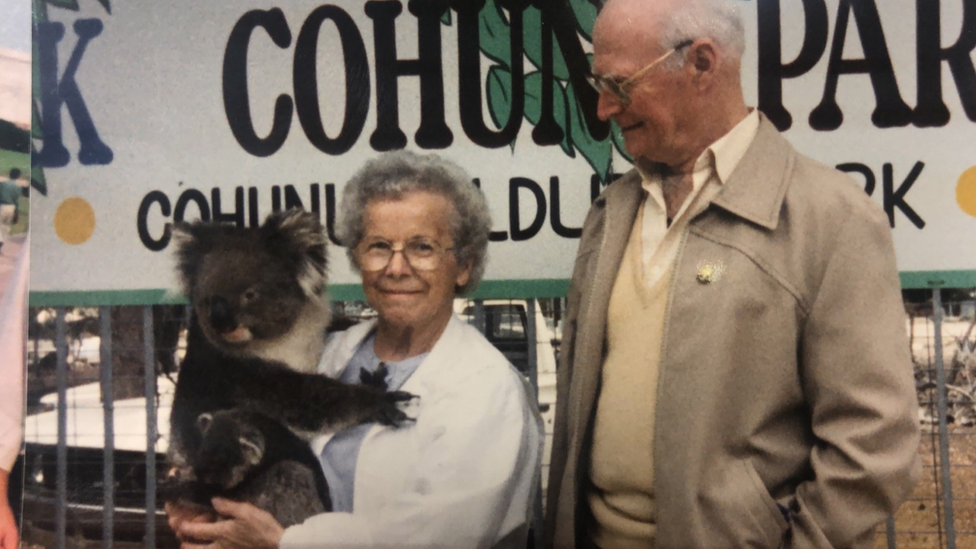
Kim Arden said her grandmother Margaret Canham (pictured with her late husband Charles) was "subjected to a catalogue of failings and danger"
A coroner has criticised a number of "shortcomings" after the death of a 97-year-old resident of a care home which later closed down over failures.
Margaret Canham was one of three people, who had been at The Elms in Whittlesey, Cambridgeshire, to die within weeks of each other in 2019.
Coroner Caroline Jones said there were "red flags" over her condition.
But she added: "It is not possible to say if earlier medical intervention would have altered the outcome."
The home, run by HC-One, closed down last year and was labelled as "not safe".
HC-One has apologised for its shortcomings and said "the management and record-keeping we had in place at the time fell far short of everyone's expectations".
Mrs Canham was taken to Peterborough City Hospital from The Elms on 14 February 2019 and died from sepsis nine days later.
The inquest into the death of Mrs Canham has been the first of three to be heard this week at Peterborough Town Hall, preceding those of other residents George Lowlett and David Poole.

The Elms closed down last year, with HC-One admitting failings
Mrs Canham's granddaughter Kim Arden said her grandmother had been "subjected to a catalogue of failings and danger" and that since her death she had been "lied" to.
Giving expert evidence on Tuesday, Dr Jane Douglas said there were "soft signs" of deterioration in Mrs Canham, but there was a "failure to recognise and respond to these signs appropriately".
She said there were "missed opportunities" to react to these signs, but was not able to confirm whether Mrs Canham would have survived had they been acted upon.
In her findings, the coroner said that on 11 February the health of Mrs Canham, who had dementia, "was broadly stable".
But by about 13 and 14 February she was "displaying rather more obvious signs of being unwell".
She said on 13 February "there were red flags or indicators of concern".
But she said despite "suboptimal care" it was not possible to conclude the outcome would have been different had earlier intervention taken place.
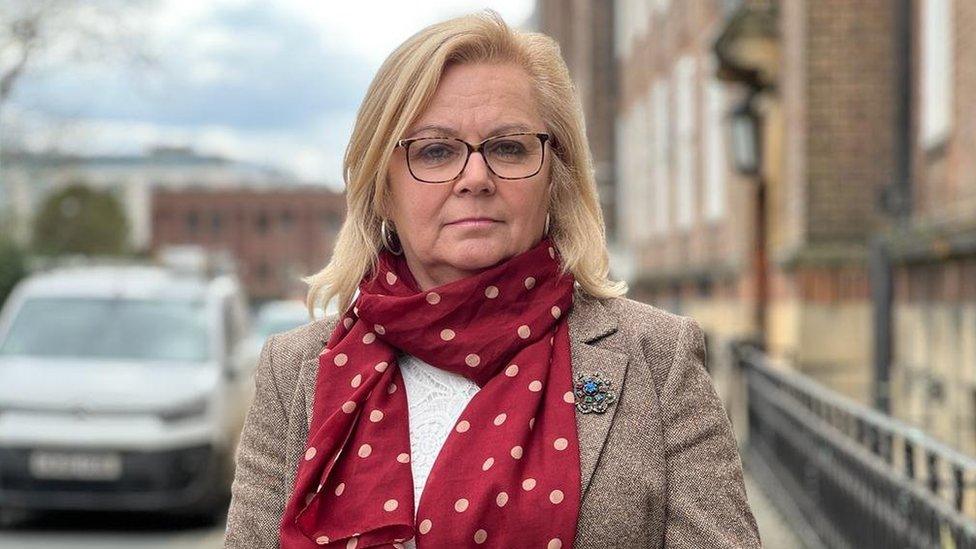
Kim Arden said she felt she had been lied to
She concluded Mrs Canham's death was as a result of natural causes adding she "died from sepsis from community-acquired infection which proved to be resistant to antibiotic treatment regimen".
Ms Jones did, however, state she had "identified a number of matters which I would consider as shortcomings even if not causative".
The inquest heard that the home had four different sheets where information could be logged on individuals.
Ms Jones said that "it was not clear at all times who had recorded what, when".
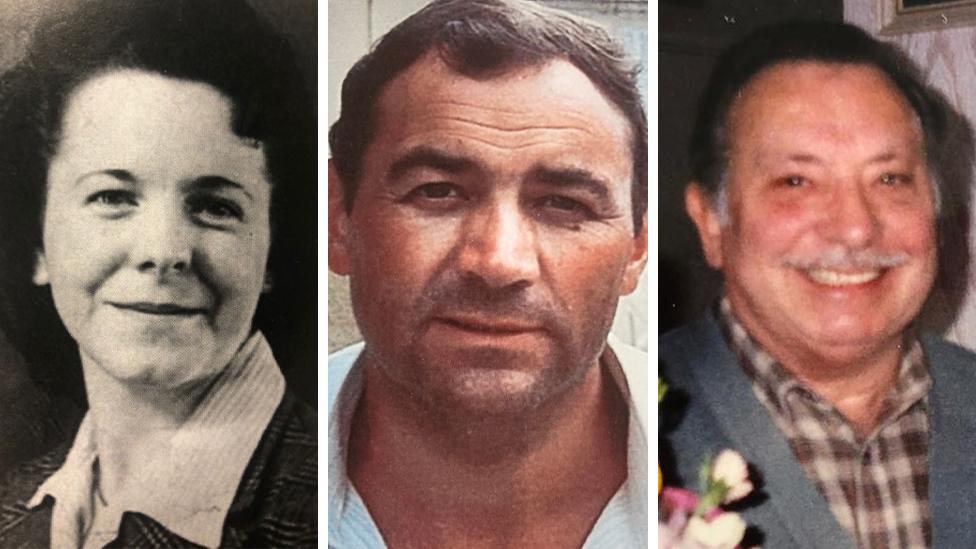
Margaret Canham, David Poole and George Lowlett died in 2019
While HC-One had policies in place, she also found that there was "no effective use" of an early warning scoring system at the home.
Jonathan Richards, service area director for HC-One, acknowledged it would "appear they weren't using [the scoring system] effectively" and the company now had a new system in place.
He also said the company had procured an electronic care plan system which was likely to be rolled out around next December.
A spokesperson for HC-One said: "We are clear that The Elms should have provided the right standard of care to Mrs Canham, and all residents at the home, but the management and record-keeping we had in place at the time fell far short of everyone's expectations.
"We are deeply sorry to Ms Canham's family for these shortcomings, and for their experience engaging with our teams over the past four years."
The spokesperson said their "priority" was that residents received the "very best care" and that "a lot has changed" since 2019.
They added that "a lot of work continues at our Cambridgeshire homes, under new local leadership, to make specific and targeted improvements within the county".

Find BBC News: East of England on Facebook, external, Instagram, external and Twitter, external. If you have a story suggestion email eastofenglandnews@bbc.co.uk, external
Related topics
- Published27 March 2023
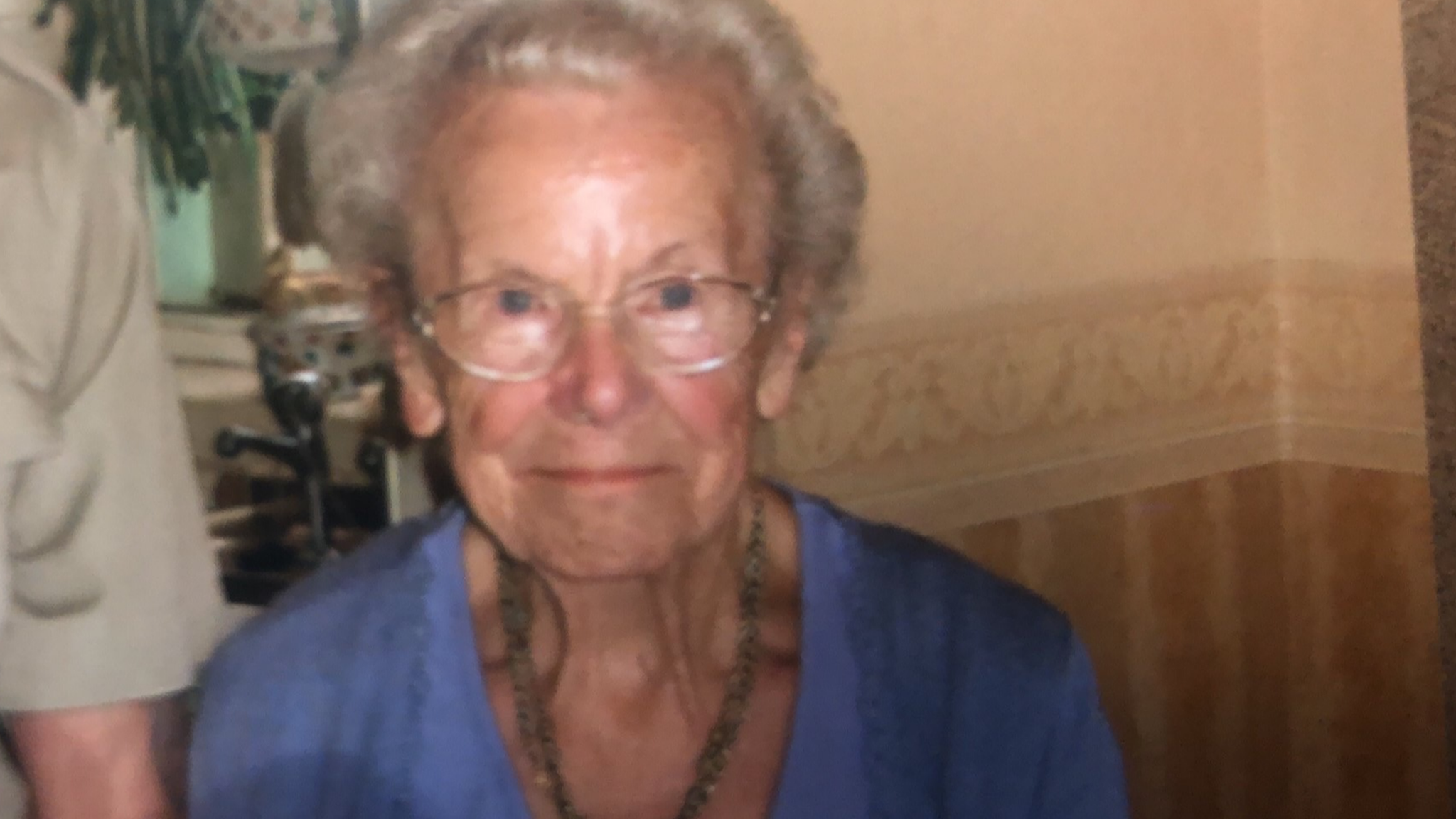
- Published6 October 2022

- Published5 October 2022
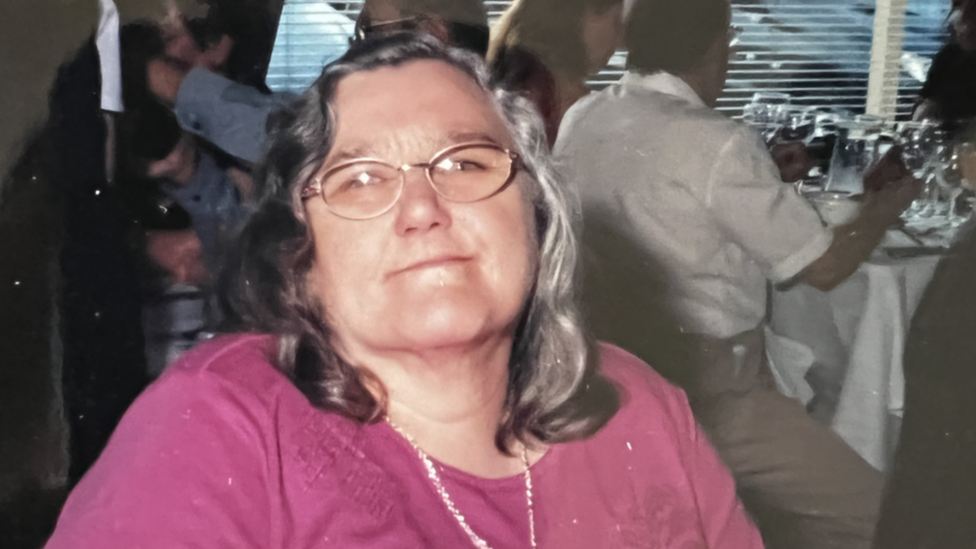
- Published30 September 2022
